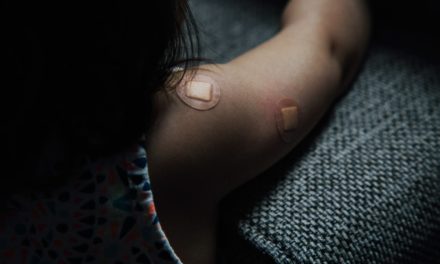The American Heart Association/American Stroke Association (AHA/ASA), a leading voluntary organization that strives to build healthier lives free from cardiovascular disease and stroke, has created new stroke rehabilitation tools for healthcare providers and healthcare professionals to aid stroke patients in their recovery.
These tools were developed by the AHA/ASA’s Together to End Stroke Initiative. They leverage the recommendations of the AHA/ASA issued Adult Stroke Rehabilitation and Recovery Guidelines.
The Healthcare Provider tool-kit provides recommendations in these areas and more:
* The Rehab Program
* Prevention and Medical Management of Comorbidities
* Transition in Care and Community Interventions
You can also download the Patient and Caregiver Toolkit, which includes:
* Patient guide to making good rehab decisions, such as what to expect in medical rehab and how to choose the right rehab facility.
* Patient quick sheet to rehab planning to ask the right questions at the hospital, before discharge, for rehab providers and questions family members should be asking.
Kindred Rehabilitation Services is sponsoring the nationwide campaign “Together to End Stroke”. This raises awareness of stroke and encourages patient support, rehabilitation and implementation of AHA/ASA’s Stroke Rehabilitation and Recovery guidelines.
“The science of stroke rehabilitation is advancing rapidly, due to the development of new technology, and stroke outcomes are improving as a result,”Mitchell Elkind is the American Stroke Association’s chair and professor of Neurology and Epidemiology, Columbia University.
Stroke is a major cause of serious disability. However, rehabilitation is increasingly being shown to have a positive impact on survivors’ quality-of-life. Many survivors are able to regain their skills and resume independent living. Many survivors don’t receive the rehabilitation services they need to make their recovery as complete.
“Stroke is largely preventable, increasingly treatable, and, now more than ever, beatable. With the AHA/ASA and its alliances putting more strategic efforts in place, all of us can provide better care, which can translate into fewer stroke recurrences and less disability in stroke survivors,” says Elkind.
Visit this site for more information. StrokeAssociation.org/recovery.












